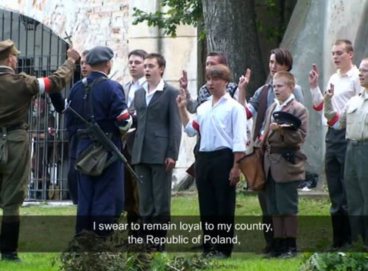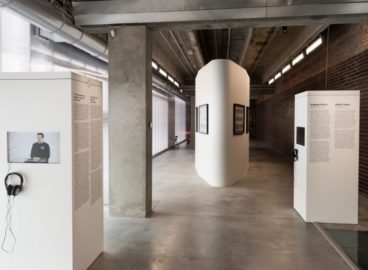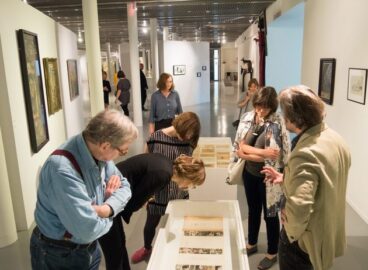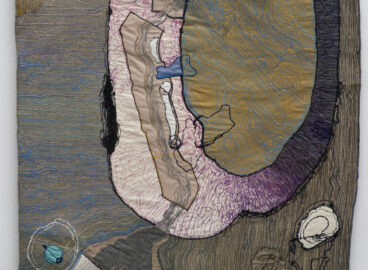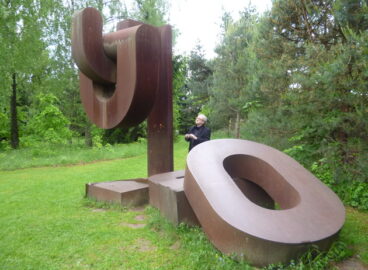Conversation: Artur Żmijewski with Paulina Pobocha
A major new publication, Art and Theory of Post-1989 Central and Eastern Europe: A Critical Anthology, presents key voices of this period that have been reevaluating the significance of the socialist legacy, making it an indispensable read on modern and contemporary art and theory. The following dialogue belongs to a series of conversations between artists and members of the C-MAP research group for Central and Eastern Europe at MoMA.
